As Indian cities continue to expand, the challenge of managing waste efficiently has become more pressing than ever. With urbanization leading to increased waste generation, traditional methods—such as inefficient collection routes, inadequate segregation, and over-reliance on landfills—are proving insufficient. This calls for a shift towards technology-driven waste management solutions that enhance efficiency, sustainability, and public participation.
Arya Omnitalk has emerged as a key player in revolutionizing waste management through its smart, tech-enabled solutions. By leveraging IoT, GPS, and data analytics, the company has helped optimize waste collection, improve recycling rates, and reduce environmental impact.. With 3000 MT daily waste collection in cities like Surat and Ahmedabad, through thousands of waste collection vehicles mapped across optimized routes, Arya Omnitalk is ensuring timely pickups and minimizing landfill dependency.
This article explores Arya Omnitalk’s innovative approach to waste management, highlighting the key challenges in urban waste disposal and how the company’s technology-driven solutions are addressing them. It delves into their smart bin systems, real-time tracking mechanisms, and community engagement efforts, showcasing the measurable impact of their initiatives in building cleaner, more sustainable cities.
Smart Waste Management: Arya Omnitalk’s Tech-Driven Approach to Cleaner Cities
Arya Omnitalk's mission revolves around creating sustainable and tech-enabled solutions to solve complex urban challenges, especially in the waste management sector. The company is working closely with municipal authorities, industries, and communities to deliver innovative solutions promoting environmental responsibility and operational efficiency. By focusing on smart waste management, it exemplifies the commitment to building cleaner and greener urban spaces, aligning with India's sustainability goals and global environmental standards.
Waste Management: Problem Statement
Urbanisation has amplified waste management challenges, with cities struggling to keep pace with the mounting volume of waste. Traditional waste management systems face inefficiencies such as irregular collection schedules, inadequate segregation, and overreliance on landfills, leading to environmental degradation. India generates over 62 million tonnes of waste annually, of which only 70% is collected, and much of it ends up in landfills, exacerbating pollution and carbon emissions. Understanding this, Arya Omnitalk has come up with a solution that would enable the company to innovate the process.
Underlying Issues of the City
The company conducted a thorough situation analysis to study the key issues plaguing traditional waste management systems. They following issues were identified:
- Inefficient Collection Routes: Waste collection vehicles often follow outdated and suboptimal routes, resulting in longer travel distances and unnecessary fuel consumption. This inefficiency not only increases operational costs but also contributes to delays in waste pickup, leaving bins overflowing and creating hygiene issues in densely populated areas.
- Improper Waste Segregation: A lack of proper segregation of dry, wet, and hazardous waste at the source hampers recycling efforts. Mixed waste streams increase the burden on waste processing facilities and reduce the efficiency of material recovery, ultimately leading to more waste being sent to landfills.
- Overburdened Landfills: With limited waste processing infrastructure, a significant portion of collected waste is dumped in landfills. Over time, these landfills become overburdened, leading to the release of harmful bacteria that contaminate soil and groundwater. Additionally, the decomposition of organic waste in landfills generates methane, a potent greenhouse gas that contributes to climate change.
- Lack of Citizen Engagement: Many urban residents are not adequately informed or incentivised to participate in waste reduction and segregation practices. The absence of community involvement and awareness campaigns results in limited adoption of sustainable waste management practices, further exacerbating the challenges faced by municipal authorities.
Solution Framework
Their approach is centred on a robust framework that integrated technology and data analytics to transform waste management processes:
- Real-time Vehicle Tracking: Waste collection vehicles were equipped with GPS trackers and RFID sensors to monitor their movements and ensure adherence to optimised routes. This reduced delays, fuel consumption, and operational inefficiencies.
- Smart Bin Technology: Advanced bins were fitted with fill-level sensors continuously monitor waste levels. These sensors could alert municipal authorities when bins are nearing capacity, ensuring timely pickups and preventing overflow.
- Centralised Data Analytics: A centralised system collected and analysed data from waste collection points, vehicles, and transfer stations. This data-driven approach enabled authorities to make informed decisions, improve resource allocation, and monitor overall system performance.
- Community-Focused Mobile Applications: User-friendly apps were developed to engage residents by allowing them to track collection schedules, report issues, and receive updates on waste management initiatives. This fostered greater participation in waste segregation and reduction practices.
Methodologies Adopted
- IoT Integration: Sensors, GPS devices, and RFID systems were installed in waste collection vehicles and bins. These technologies enabled real-time monitoring, route optimisation, and efficient management of waste collection.
- Data-Driven Insights: Detailed data on waste types, volumes, and collection patterns were captured using RFID readers, cameras, and weighing machines at transfer stations. This granular data was analysed to identify trends and improve waste management strategies.
- Stakeholder Collaboration: Arya Omnitalk worked closely with municipal authorities, waste management agencies, and local communities. By engaging residents through mobile apps and awareness campaigns, the company fostered a sense of ownership and responsibility among citizens.
- Sustainability Focus: Emphasis was placed on promoting waste segregation and recycling. Collection points and dump yards were equipped with facilities to separate dry, wet, and hazardous waste, ensuring maximum material recovery and minimal landfill usage.
Implementation Strategy
- Technology Deployment: Waste collection vehicles were equipped with GPS trackers and RFID sensors, enabling real-time tracking and monitoring. This technology ensured adherence to optimised routes, reducing fuel consumption and delays.
- Smart Bin Installation: Smart bins with fill-level sensors are strategically placed across cities at top locations identified by the ground study. These bins provided real-time updates on their status, allowing for timely emptying and preventing overflows.
- Centralised Command Center: A centralised hub was established to monitor vehicle routes, bin statuses, and overall waste operations. The command centre provides real-time alerts for delays, deviations, and other operational issues, enabling prompt corrective actions.
- Community Engagement: Mobile apps were introduced for residents to access information about collection schedules, report grievances, and receive updates on waste management initiatives. These apps played a crucial role in increasing citizen participation and promoting responsible waste disposal practices.
Measuring Success
The impact achieved through the application of this SMART solution is quantified through several key metrics:
- Increased Collection Efficiency: The integration of GPS and route optimisation has led to a significant reduction in missed pickups and delays. Waste collection schedules have also become more reliable and efficient.
- Reduced Carbon Emissions: By optimising collection routes, fuel consumption has been minimised, resulting in lower greenhouse gas emissions and a smaller environmental footprint.
- Higher Recycling Rates: Improved segregation of dry, wet, and hazardous waste at the source has also led to a substantial increase in recycling rates. More waste was diverted from landfills, reducing environmental degradation.
- Enhanced Citizen Satisfaction: Residents have been reporting higher levels of satisfaction with waste management services. The availability of real-time updates and the timely resolution of grievances contributed to improved public perception.
Surat Metrics of Achievement: In Surat, 1100 vehicles have collected over 3000 MT of waste every day from 15,000 garbage collection points. Additionally, these 1100 vehicles have been mapped on 2000 routes.
Ahmedabad Metrics of Achievement: 2500 vehicles have collected over 3000 MT of waste every day from garbage collection points. These 2500 vehicles have been mapped on 2500 routes.
Challenges and Overcoming Them
- Technical Glitches: Initial technical issues with GPS trackers, RFID sensors, and smart bins are being addressed by deploying redundant systems and conducting thorough testing. Continuous monitoring and maintenance ensure system reliability.
- Resistance from Stakeholders: Some operators and residents were initially resistant to adopting new technologies and practices. To solve this, Arya Omnitalk conducted extensive training programs and awareness campaigns to familiarise stakeholders with the benefits of the system.
- Integration with Existing Systems: Integrating the new technology with existing waste management infrastructure was a complex task. This challenge was managed through iterative feedback loops, close collaboration with municipal authorities, and seamless system integration.
Awards and Recognition
Arya Omnitalk’s innovative approach has received widespread acclaim where over 4,000 garbage bins were cleared for Municipal Corporation in Gujarat. Surat’s improved rankings in the Swachh Bharat Abhiyan underscore the project’s success. The initiative has also garnered industry awards for sustainability and operational efficiency.





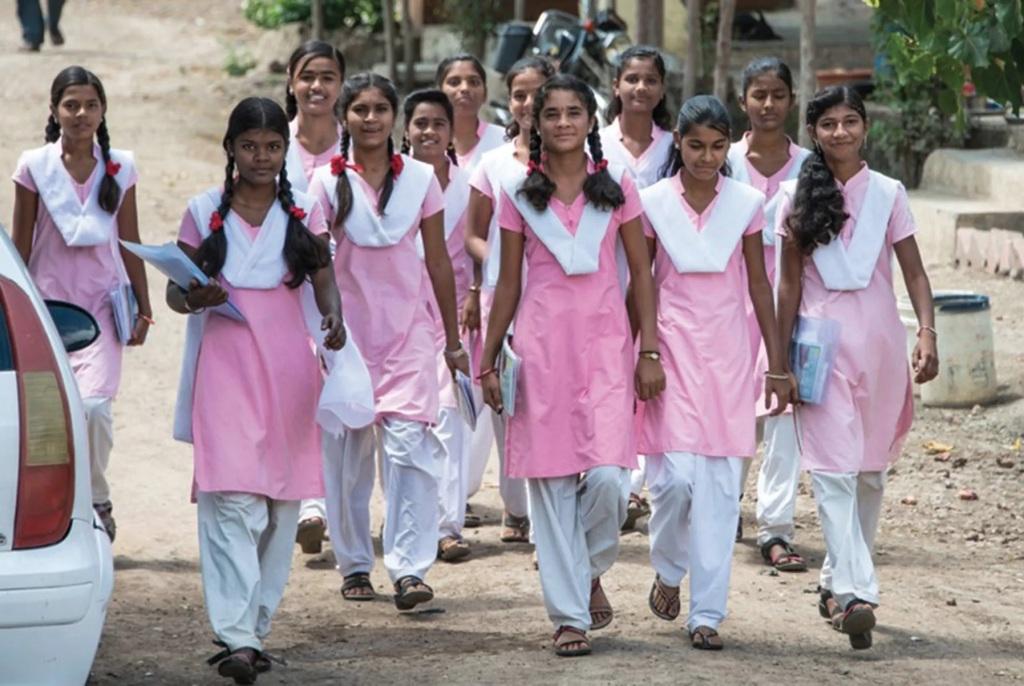


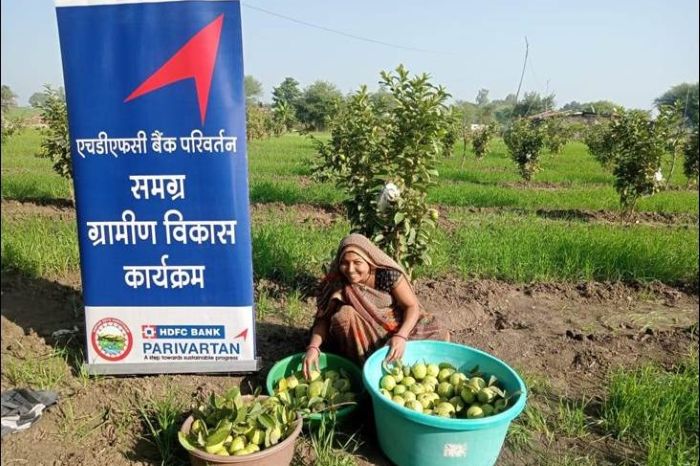
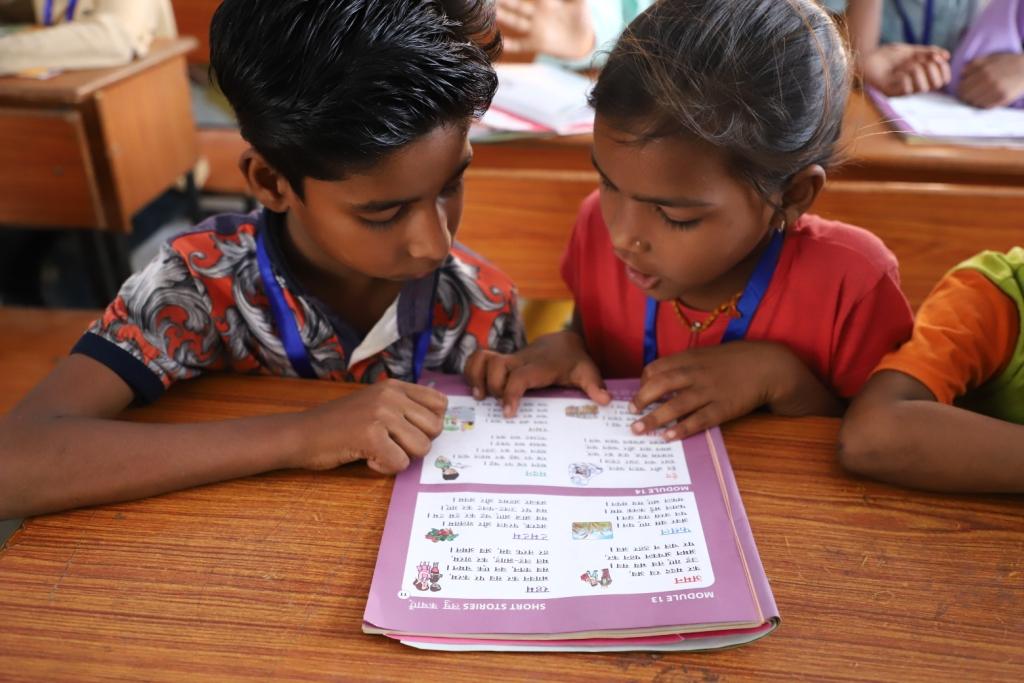
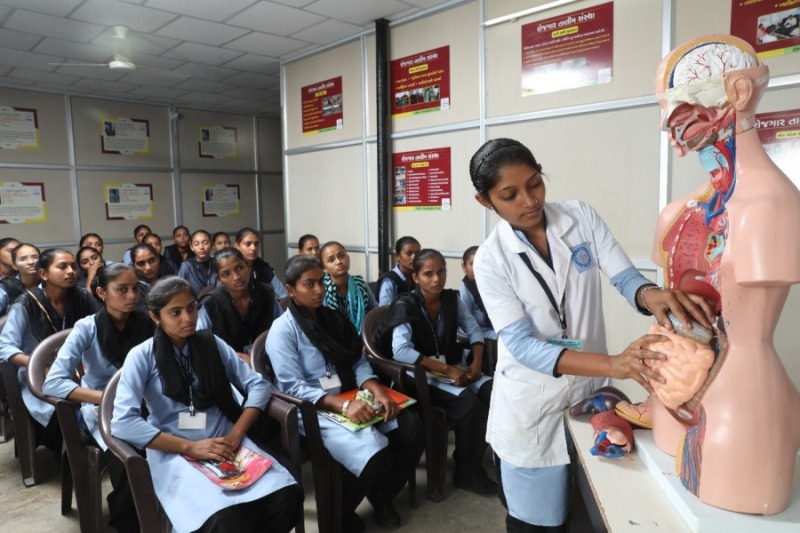

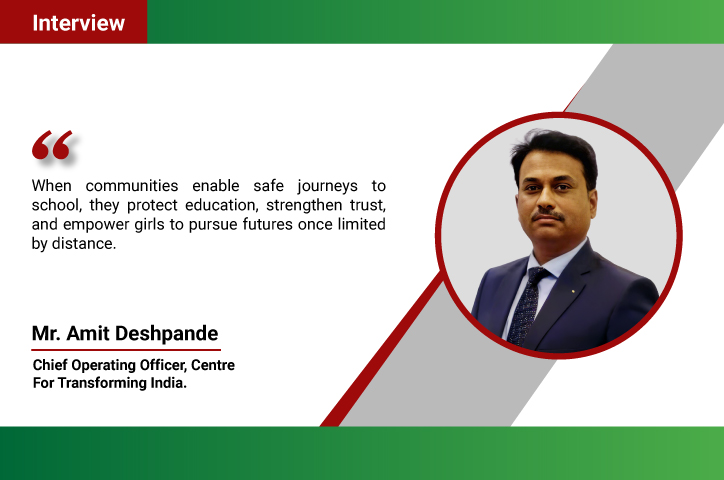






.jpg)



